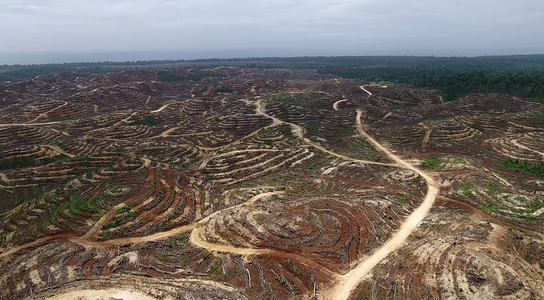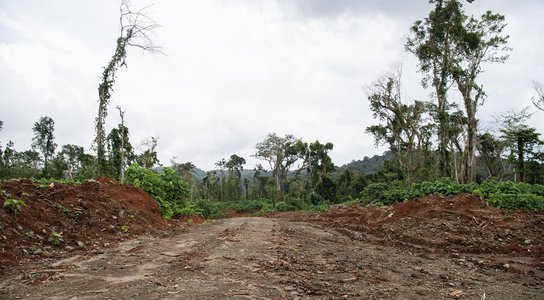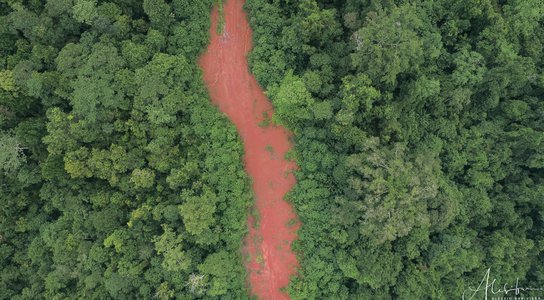As news of climate breakdown continues to roll in – with the Met Office just weeks ago announcing a likely 1.5c rise from global warming – the impact on our planet seems to show no sign of slowing.
And somewhere along the way, we’ve also seemed to forget the
importance of protecting our forests to help slow this damage. But there may be
a glimmer of hope yet.
Just a few weeks ago, a provincial government of the tropical paradise of the Solomon Islands banned new logging operations across some of its luscious rainforests, the ones which line the beaches of the island sold to us as a tourist dream.
The #SolomondIslands in the South Pacific are under threat from illegal and unsustainable logging which is destroying its biodiverse rainforests at an alarming rate. But #China has the power to change this. Read more here: https://t.co/yPzOngumyR pic.twitter.com/oP57LGMktG
— Global Witness (@Global_Witness) October 18, 2018
Why does this matter?
Less than four short months ago, we at Global Witness revealed that the islands’ climate-critical forest was being harvested at a scale 19 times over its sustainable limit, with much of that logging at high risk of being illegal.
This means the Solomon Islands’ forest is disappearing at an alarming speed, with its tree cover loss tripling in recent years. If logging continues at this speed, the islands’ Finance Ministry has predicted that the Solomons’ natural forest will be exhausted by 2036.
This will hit the country’s environment with devastating and irreparable impact. Our global climate, already pushed to danger point, will suffer the added burden of losing more of the world’s carbon sinks.
And this activity doesn’t just drain the natural environment – it impacts negatively on local communities too. Logging companies often fail to make good on promises, destroying food and water sources local people rely on. There’s a pretty high risk that they don’t pay the taxes they owe the Solomon Islands either.
Our voice joins an alarm bell ringing for some time, with the people of the Solomon Islands speaking out against this exploitation of their forests for years. Finally, it seems like this long campaign might be paying off: after a wave of local petitions, the Central Province of the Island has announced a ban on new logging operations.
This could be the welcome start of a systematic change in forest management on the island. Ahead of the upcoming election, other provincial governments – as well as national powers – could be making good on some of their pledges, and cashing in on a local willingness to look for a new economic model which is not dependent on logging.
Why are we still cautious?
While this is a welcome move, it must be treated with caution. The ban aims to stop new logging activities, but doesn’t address those already rampant in the area. It halts the break on potential new illegalities, but doesn’t charge those who are responsible for previous acts.
There is much more that needs to be done by countries that consume illegal and unsustainable timber – and China is a particularly important example.
Despite being recently celebrated for its efforts to reduce pollution at home, China’s environmental actions with other countries are having a more devastating impact on the planet.
While it has a ban on logging in its own natural forest, China imports vast amount of wood for manufacturing. Currently, it does not require companies to exclude illegal timber from the wood they import. And this is worrying in this particular case, because most of the unsustainable and high risk timber coming from the Solomon Islands goes to China.
That illegal timber doesn’t just get used in the Chinese consumer market. Wood products made in China are also consumed in markets like the EU, where companies could be punished by laws like the EU Timber Regulation for importing illegal wood. Without Chinese companies carrying out any checks, illegal wood could also be entering global supply chains.
So while we celebrate this ban on new logging operations, we call on all countries to strengthen and enforce import controls against illegal timber, to help stop the reckless destruction of climate-critical forests we all rely on. Let’s drive forward urgent protection for our forests, and secure a better future for ourselves and our planet.


